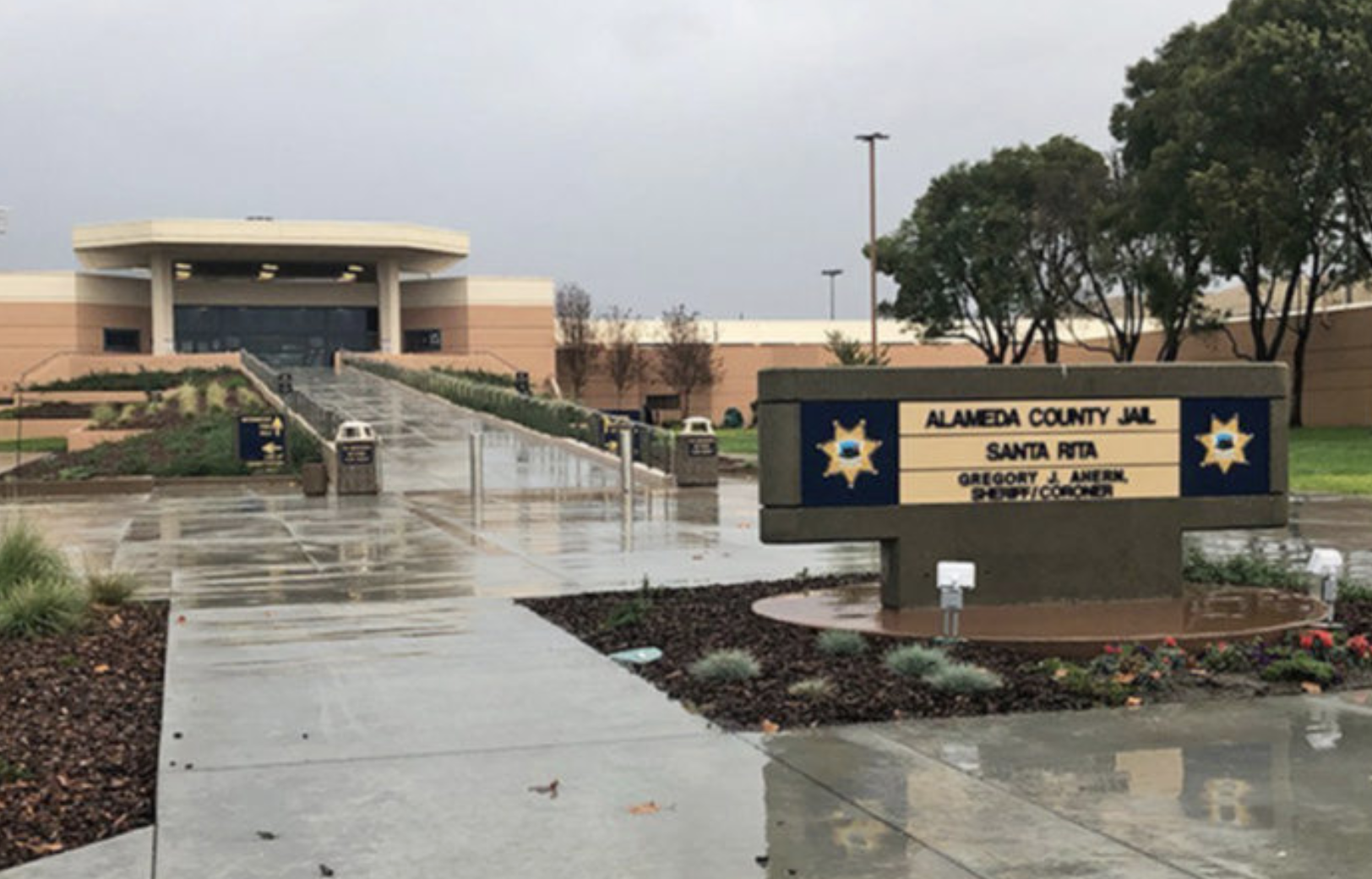Our Law Enforcement Constraints
The responsibity for local law enforcement in unincorporated communities is shared by county Sheriffs and the California Highway Patrol. The Sheriffs' Deputies handle general law enforcement while the CHP attends to traffic enforcement. In cities, both aspects are up to the local Police Department. Sheriffs' Deputies, CHP Officers and local Police Officers are all sworn Peace Officers, professionals in their field. But some things set them apart.
The Sheriff's Deputies and the CHP have far-ranging responsibilities that transcend any given local community. The geographical areas they cover are vast. Their workloads are also impossibly complex. Sheriffs must ensure public safety within the court system, run the jails, provide alternative sentencing programs (work release and home detention), and be the "cop on the beat", whether focused on criminal activity or on community services and mental health (e.g. homelessness). Funding for those responsibilities is generally not adequate, with beat patrols usually at the lowest priority. However, even when there are adequate funds, Sheriffs' Deputies have to respond across an entire county, which can lead to significant holes in the coverage. The CHP is also spread thinly, to the point where local traffic problems are allowed to fester - not because of neglect, but because of lack of staffing. So when there are traffic problems in a local community, oftentimes the best a CHP Officer can offer to a concerned citizen is a request to report such problems to the non-emergency number or via email. Local traffic violations are not high on the CHP's priority list; protection of the state's constitutional officers and state property, along with safety on state highways are the most pressing matters.

As a result, most unincorporated communities have little or no local law enforcement. The "cop on the beat" is often in a helicopter making indistinguishable announcements using a garbled public address system. The state can make the county spend money on the state's priorities, to the exclusion of local issues (as was done with prisoner transfers a few years ago). Thus, local crimes are reported into black holes of voice mail and email. Resource scarcity gives importance to crimes against people, while crimes against property (property theft, vandalism, graffiti, catalytic converter theft, vehicle break-ins, etc.) are hardly ever investigated. Crime deterrence - such as problem-oriented policing - takes a back seat to arrests and detention. Making matters worse, county Supervisors control the purse strings of the elected Sheriff's activities. People who complain about crime to a Supervisor are told to talk to the Sheriff. But complaining to the Sheriff usually results in a request to ask the Supervisors to fund the Sheriff's Department. It is a futile exercise, as unproductive as asking the Legislature to increase the CHP budget to control stop sign running, speeding, or other violations of the Motor Vehicle Code in a specific unincorporated neighborhood.
Law enforcement is expensive for cities just as it is for counties, but typically there is a local police department (whether internal or by-contract) that answers to the citizenry via the City Council and the Mayor. Unincorporated communities don't have Mayors and City Councils and cannot realistically arrange for additional state and county funding. The local P.D.'s jurisdiction, being within the city limits, is compact. Sheriffs' Deputies and the CHP have huge territories in comparison to local cities. Only a few people and businesses in unincorporated communities can afford private security. Business Improvement Districts, often touted as a tool for public safety, cannot address broad community issues that bear on public safety. School Police can only keep schools safe; Park Police can only assure safety in parks. Law enforcement circumstances mean public safety can be seriously compromised in unincorporated communities.

